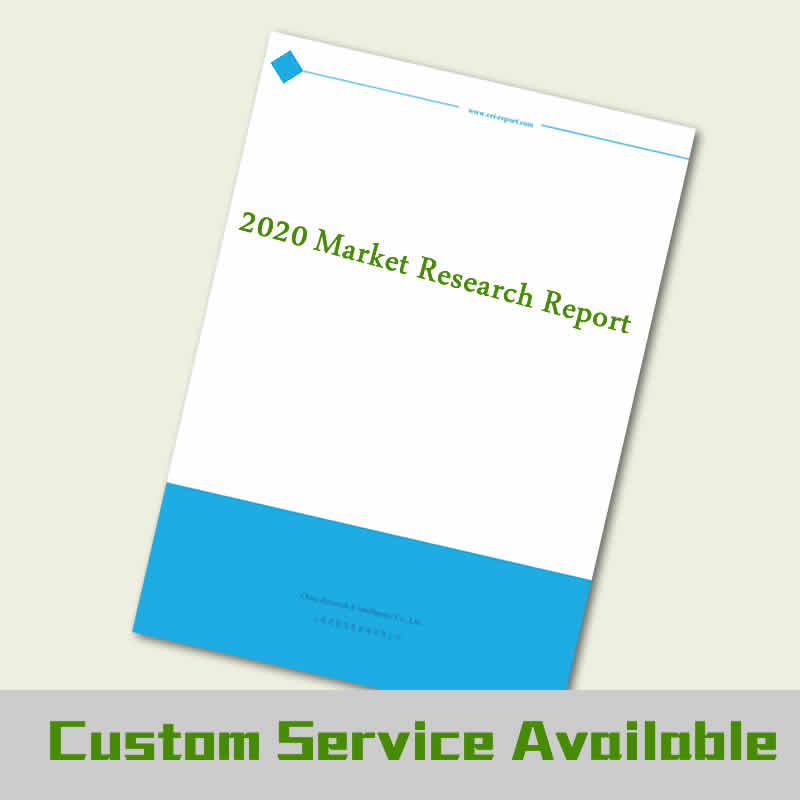Description
Global Polyimide Coatings Market Research Report—Forecast till 2025
Market Overview
Global Polyimide Coatings Market is anticipated to register a healthy CAGR of 6.7% to reach USD 1,557 Million during the forecast period. Polyimide coatings are liquid or solid forms that exhibit superior thermal stability and abrasion resistance.
They are applied on surfaces of the various automotive and electronic components to attain the expected outcome. The polyimide coatings are of two types namely thermosets and thermoplastic. Thermosets polyimide coatings are expected to attain the largest share due to its rising application in electrical & electronics, aerospace, automotive, and medical, among others.
The global polyimide coatings market is evaluated to register a significant market growth owing to largest value of USD 997 Million. However, the market growth is attributed to the comprehensive adoption of polyimide coatings in the electronic industry. Polyimides exhibit an effective blend of thermal stability, chemical resistance, and mechanical toughness with efficient dielectric properties.
Moreover, the market growth has been fuelled by the compelling expansion in the aerospace & defense industry has increased the use of polyimide coated optic systems in aircraft. However, the high costs associated with the manufacturing of polyimide may hamper market growth during the review period.
Related Reports: Global Colorless Polyimide Films Market Analysis and Forecast Report 2030
Market Segmentation
Global Polyimide Coatings Market has been categorized by Type, Application, End-Use Industry, and Region.
Based on the type segment, the global polyimide coatings market has been classified into thermoset and thermoplastic.
In terms of the Application segment, the global polyimide coatings market has been segmented into electronic parts, tubing, electrical insulation, fiber optic cables, mechanical parts, and others.
In terms of the End-Use category, the market is classified into electrical & electronics, aerospace, medical, and others.
Regional Analysis
Geographically, Global Polyimide Coatings Market has been segmented into Asia-Pacific, Europe, North America, Latin America, and the Middle East & Africa.
The Asia-Pacific is expected to lead the global polyimide coatings market with a share of over 51% in 2018. The rapid industrialization in the region and growth of the end-use industries such as electrical & electronics, aerospace, and medical are anticipated to drive the regional market and forecast to reach USD 846.6 million by 2025.
China is the leading market player owing to its rapid industrial growth especially in electronic parts and medical tubing along with growing demand for fiber optic cables in the aerospace industry.
North America accounted for the second-largest market share of the global polyimide coatings market in 2018 owing to the increasing consumption of polyimide coatings in mechanical parts of aircraft, automobiles, and space vehicles. The region is estimated to expand at a CAGR of over 5.4% during the study period. The high investments in the civil aviation sector in the country are expected to run the product demand during the assessment period.
Major Players
The Major Players operating in the Global Polyimide Coatings Market are Ube Industries Ltd (Japan), Mitsui Chemicals, Inc. (US), SKCKOLONPI (South Korea), ELANTAS Beck India Ltd (India), Kaneka Corporation (Japan), Saint-Gobain (France), DuPont (US), TAIMIDE (Taiwan), and FLEXcon Company, Inc. (US), I.S.T Corporation (Japan), Toray Industries, Inc. (Japan), SOLVER POLYIMIDE (China).
COVID 19 Impact
We are continuously tracking the impact of the COVID-19 pandemic on various industries and verticals within all domains. Our research reports include the same and help you understand the drop and rise, owing to the impact of COVID-19 on the industries.
Also, we help you to identify the gap between the demand and supply of your interested market. Moreover, the report helps you with the analysis, amended government regulations, and many other useful insights.


